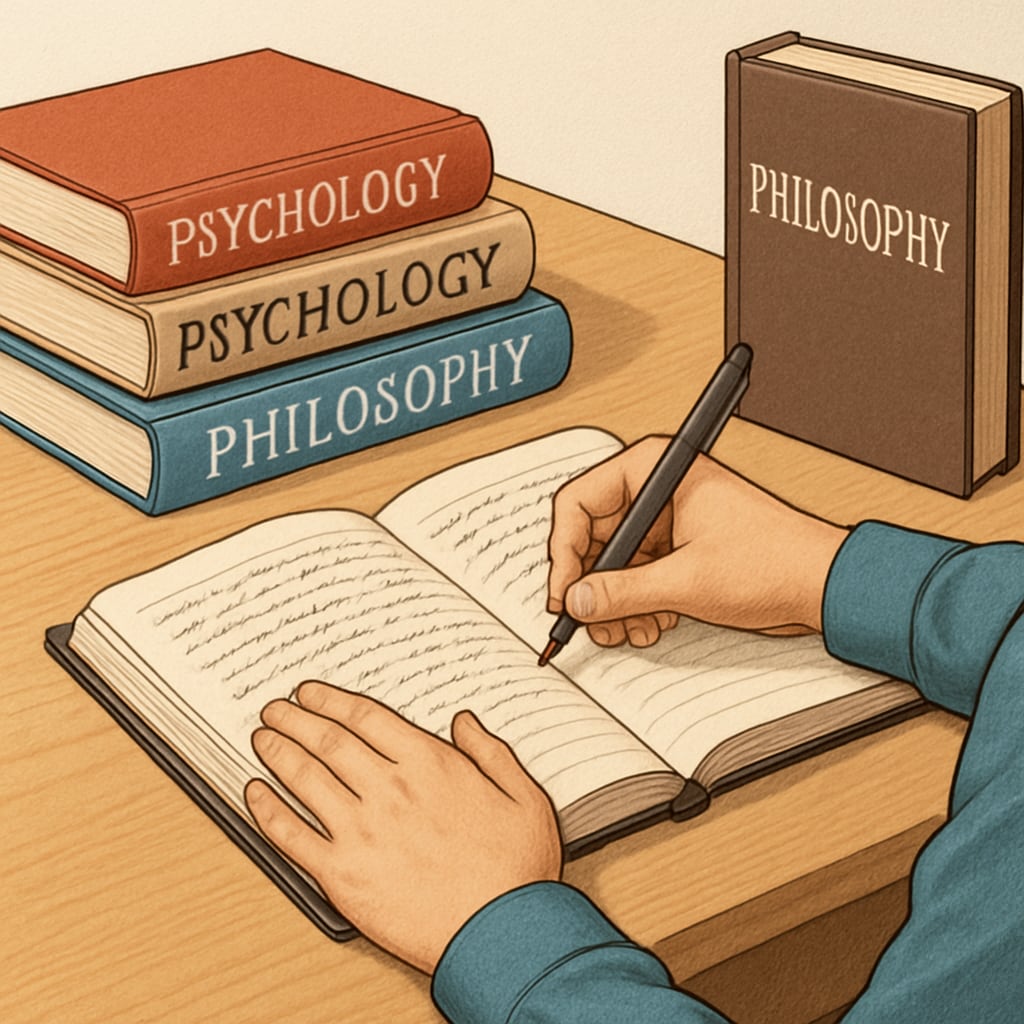In the rigorous environment of modern education, K12 students often miss the chance to explore “psychology, philosophy, and non-academic learning.” These disciplines are crucial for cultivating critical thinking and emotional intelligence, yet they are seldom emphasized in standard curricula. Fortunately, several non-academic resources, including age-appropriate books, practical activities, and digital platforms, can help young learners embark on a fulfilling journey of self-discovery and intellectual growth.
Why Explore Psychology and Philosophy Outside School?
Traditional education systems prioritize exam preparation and core subjects, often leaving little room for philosophy and psychology. However, understanding these fields can significantly enhance a young person’s ability to analyze ideas, navigate social relationships, and manage emotional well-being. Outside of school, students can engage more freely with these topics, fostering curiosity and independent thinking.
Non-academic learning methods allow students to explore concepts in a relaxed and engaging environment. For example, reading philosophy books tailored for young audiences can spark interest in questions about morality, existence, and happiness. Similarly, psychology-focused activities like journaling or observing human behavior can help students better understand themselves and the world around them.

Books That Introduce Young Minds to Psychology and Philosophy
Books are one of the most accessible and impactful ways to introduce psychology and philosophy to K12 students. Age-appropriate titles can demystify complex ideas and make them relatable. For example:
- “Sophie’s World” by Jostein Gaarder: A beginner-friendly exploration of philosophical ideas through an engaging narrative.
- “Man’s Search for Meaning” by Viktor E. Frankl: A profound psychological perspective on resilience and purpose, suitable for older teens.
- “The Book of Why” by Judith Hooper: A fun introduction to human curiosity and psychological thought.
Encouraging students to keep a reading journal can deepen their understanding. They can reflect on questions like, “What does happiness mean to me?” or “How do I perceive time and memory?” This interactive approach makes learning more personal and impactful.

Hands-On Activities to Foster Engagement
Practical activities are another excellent way to bring psychology and philosophy to life for K12 learners. These activities can range from simple experiments to group discussions:
- Psychology Experiments: Conduct small-scale experiments, such as observing how moods change with environmental factors (e.g., lighting or music).
- Philosophical Debates: Organize debates on topics like “What is justice?” or “Can machines think?” to encourage critical thinking.
- Meditation Practices: Introduce mindfulness exercises to help students explore concepts like self-awareness and emotional regulation.
These activities not only make learning fun but also encourage collaborative thinking and interpersonal skills. As a result, students can better understand abstract concepts through real-world applications.
Digital Resources for Modern Learners
In the digital age, countless online platforms provide engaging content on psychology and philosophy. For example:
- Coursera: Offers beginner-friendly courses in psychology and philosophy tailored for young learners.
- Stanford Encyclopedia of Philosophy: A comprehensive resource for exploring philosophical concepts.
- Psychology Today: Provides articles and tools on emotional intelligence and mental health.
Encouraging students to explore these platforms can complement hands-on activities and reading materials. Additionally, parents or educators can guide them in selecting content that aligns with their interests and developmental stage.
By incorporating digital resources, students gain the flexibility to learn at their own pace while accessing diverse perspectives from global experts.
In conclusion, exploring psychology and philosophy through non-academic methods can profoundly impact K12 students. By engaging with books, practical activities, and digital platforms, they can develop critical thinking and emotional intelligence—skills that are essential for lifelong learning and personal growth.


